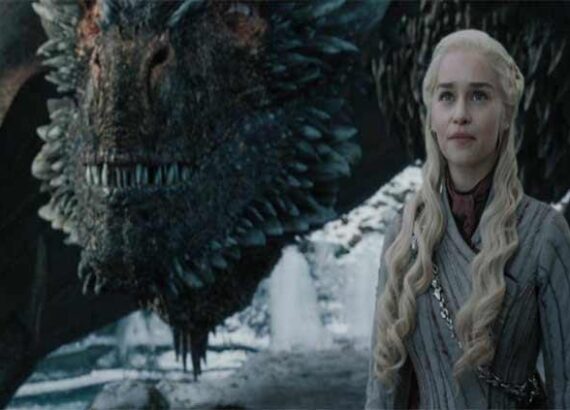Why is Zack Snyder tired of superhero movies?

Why is Zack Snyder tired of superhero movies? – The director argues that today’s productions no longer want to tell stories, just continue feeding the franchise machine.
By Megan Sauer
Superhero cinema has remained with us for several years, taking the best box offices in the world and forever altering the ways of consuming cinema (although some do not consider it as such).
Zack Snyder, who long ago shaped some of the most spectacular films of the genre, told The Atlantic that even he himself is already tired of superheroes.
Are we reaching a point of no return?
Zack Snyder is an American film director and producer known for his distinctive approach to action and superhero films.

He began his career directing music videos and commercials before making his feature film directing debut with the film Dawn of the Dead, a remake of the George A. Romero classic.
However, it was with his involvement in the DC Comics cinematic universe that Snyder left an indelible mark on the film industry.
He directed Man of Steel and Batman v Superman: Dawn of Justice, films that reflect his distinctive visual style, characterized by intense action sequences, stylized visual compositions, and a somber color palette.
But although Snyder has a long history with superheroes, the situation has reached a point where he no longer considers that films of this style tell really solid stories.
I have the same tiredness. Nobody believes they are going to see a one-off superhero movie.
Brilliant mind
Zack Snyder ‘s style has often been associated with a darker, more visually striking approach compared to other superhero films.
His epic and stylized vision is reflected in films like 300 and Watchmen, The Watchers. Snyder is also known for his use of impressive visual effects and his ability to visualize exciting action scenes.

In recent years, a perception of fatigue has emerged around superhero cinema, fueled by market saturation with numerous films and comic book adaptations.
As movie studios have bet heavily on superhero franchises, some viewers and critics have expressed concerns about a lack of variety in themes and film styles.
His distinctive approach has generated a loyal following, although it has also been the subject of controversy, especially regarding the length and tonality of his films.
The predictable formula of heroes facing off against villains with apocalyptic threats has led to a feeling of repetition and lack of innovation, which has contributed to a growing fatigue among some audiences.
Additionally, the overexposure of certain characters and universes has led to a feeling of burnout, where audiences might feel like they’ve experienced enough superhero stories.
The constant demand for films and the interconnection of multiple plots in large cinematic universes can cause some films to lose their uniqueness.
As studios explore new ways to approach the genre, from darker to comedic approaches, it remains to be seen if these strategies can reinvigorate interest and mitigate the perception of fatigue that has emerged around superhero cinema.
Superhero cinema has been the subject of various criticisms over the years, some of which include the lack of originality and predictability in the plots.
Many critics argue that some superhero films follow a predictable formula, with heroes facing apocalyptic threats and a narrative arc that can sometimes seem stereotypical.

The overproduction of sequels and connected films in shared cinematic universes has also led to criticism about a lack of creative risk, with studios opting for safe formulas rather than exploring new narrative or stylistic approaches.
Another common criticism centers on the saturation of the market with superhero films, which has led to a feeling of fatigue among some viewers.
The constant barrage of releases can lead to overexposure of certain characters and universes, diminishing the novelty and excitement associated with the genre.
Additionally, some critics point out the lack of diverse representation in superhero cinema, both in terms of gender and ethnic diversity, highlighting the need for greater inclusion in the film industry.




